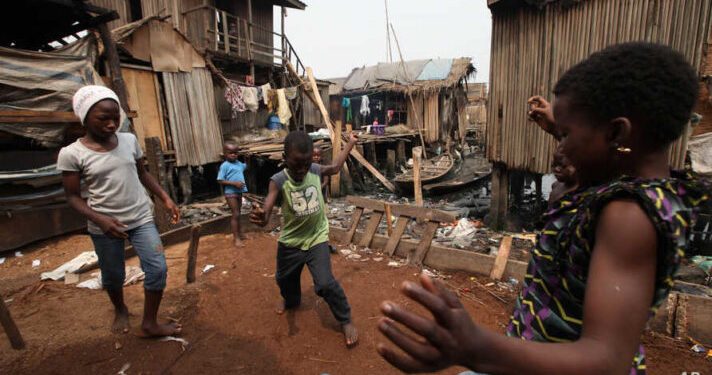The number of people without access to basic life necessities is surging across African countries, with the average proportion of the population living under severe material deprivation rising to its highest level in the past 25 years, according to a report by non-partisan survey website Afrobarometer.
According to the report, most of the 39 African countries surveyed by Afrobarometer between 2021 and 2023 have lost the gains in poverty reduction they achieved in the first decade and a half of the 21st century. Data suggests that corruption may have contributed to the recent spike in poverty rates.
The report showed that 81 per cent of people in the surveyed countries said they are without a cash income, 66 per cent reported lacking medicine and access to medical care, 59 per cent do not have sufficient food, 57 per cent are without clean water, and 51 per cent have no access to cooking fuel at least once during the year under review.
Data gathered by Afrobarometer between 2011 and 2013 showed that, on average, across 30 countries surveyed, about three-quarters of respondents said they went without cash income at least once in the previous year. However, the numbers have jumped by at least seven per cent since 2014.
The figures have also increased for four other basic necessities. The proportion of people going without food has risen by 13 per cent, lack of access to medical care has jumped by 15 per cent, unavailability of cooking fuel has increased by 12 per cent, and the number of people without access to clean water has grown by nine per cent.
Meanwhile, the report noted that poverty levels vary across different countries on the continent. Severe deprivation has decreased in Liberia, Burkina Faso, Togo, Gabon, and Morocco over the past decade, while Nigeria, Mali, South Africa, Namibia, and Zimbabwe have recorded a rapid increase.






